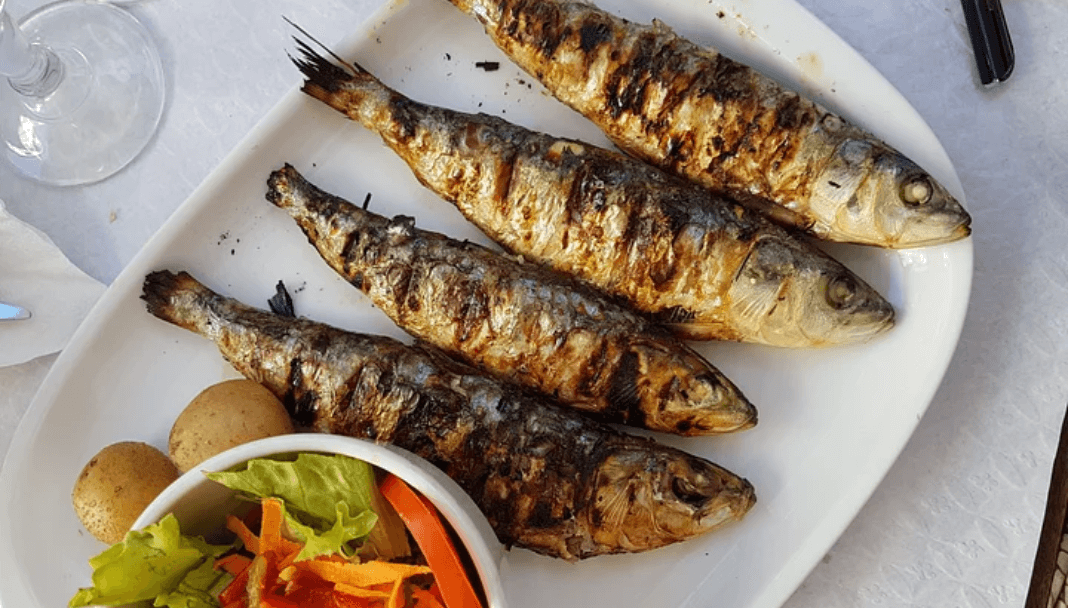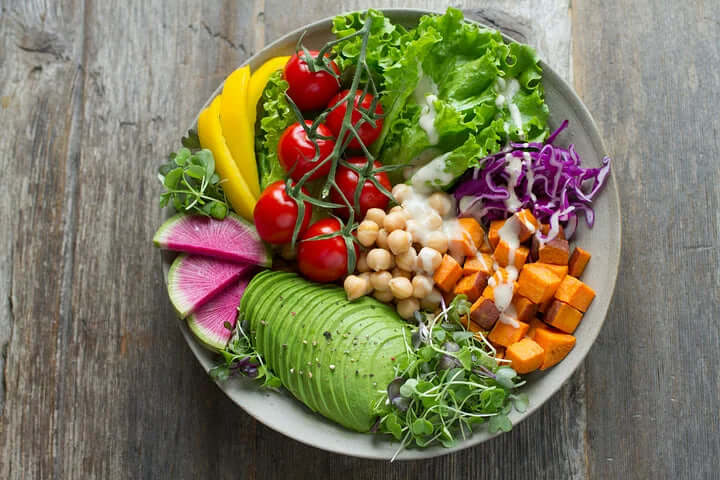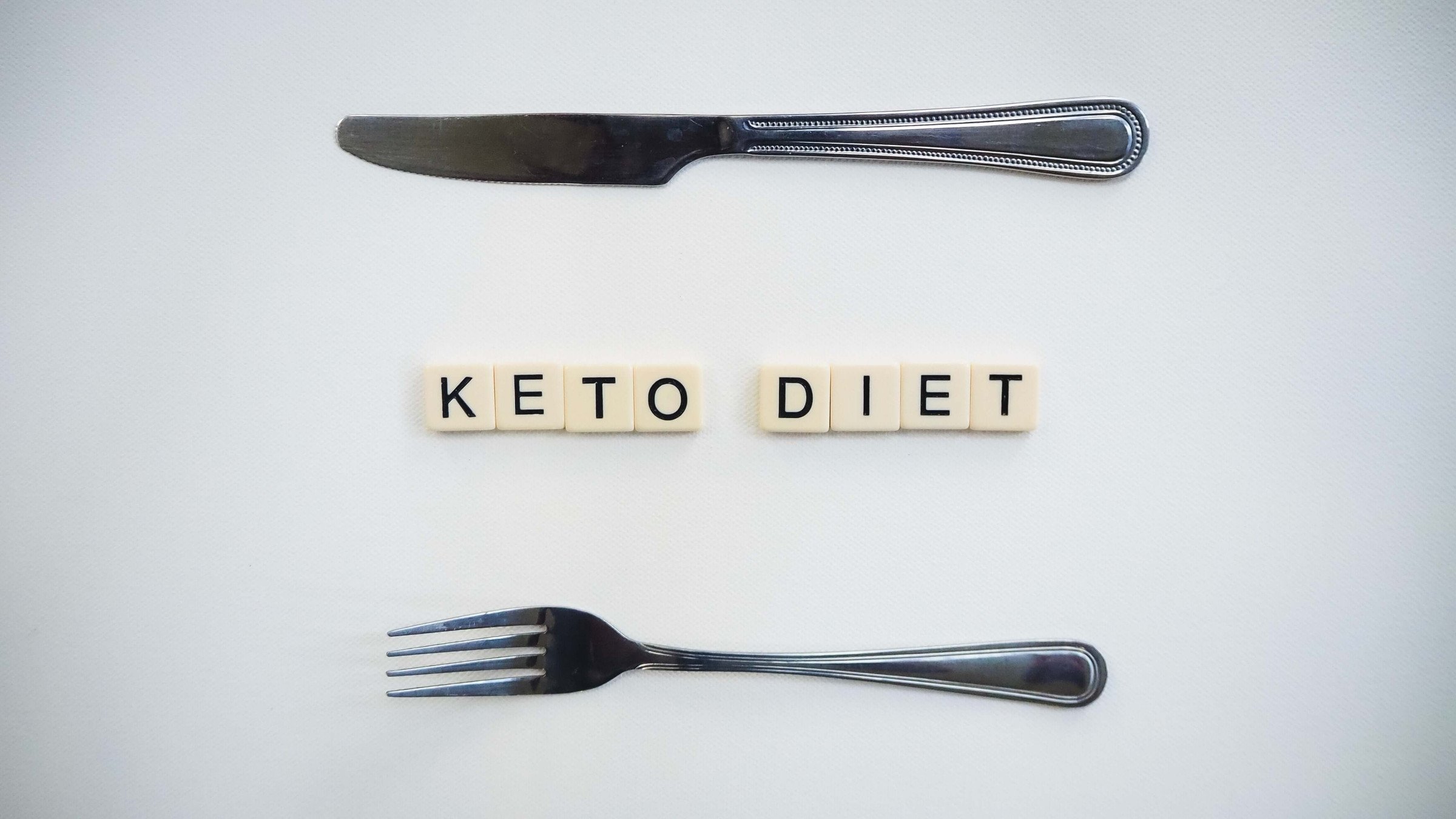In the ever-evolving world of diets and weight loss trends, the ketogenic diet has gained significant popularity. Unlike conventional wisdom that often associates weight loss with reducing fat intake, the keto diet turns this notion on its head. In this blog post, we will delve into the fundamentals of the keto diet, explore how it encourages the consumption of more fats, and understand how this unique approach can lead to effective weight loss.
Understanding the Keto Diet:
The ketogenic diet is a low-carbohydrate, high-fat diet that aims to shift the body into a state of ketosis. Ketosis occurs when the body primarily uses fat for fuel instead of carbohydrates. By drastically reducing carb intake and increasing fat consumption, the body starts producing ketones, which become the primary energy source.
Eating More Fat on Keto:
Contrary to traditional dietary advice, the keto diet emphasizes the consumption of healthy fats. This includes avocados, nuts, seeds, olive oil, and fatty fish. Incorporating these fats into your meals not only satiates hunger but also provides sustained energy throughout the day.
- Avocados: Rich in monounsaturated fats, avocados are a keto dieter's best friend. Spread avocado on low-carb toast, add it to salads, or enjoy it as a snack with a sprinkle of salt.
- Nuts and Seeds: Almonds, walnuts, chia seeds, and flaxseeds are excellent sources of healthy fats. Snacking on a handful of nuts or incorporating them into your meals adds texture and flavor while keeping you in ketosis.
- Olive Oil: Extra virgin olive oil is a staple in the keto kitchen. Use it as a salad dressing or drizzle it over vegetables to increase your daily fat intake.
- Fatty Fish: Salmon, mackerel, and sardines are rich in omega-3 fatty acids. These not only support overall health but also contribute to the fat intake necessary for a successful keto journey.
The Science Behind Keto Weight Loss:
The keto diet's weight loss success lies in its ability to tap into the body's fat stores for energy. By reducing carb intake, insulin levels decrease, prompting the body to burn stored fat for fuel. Additionally, the satiating nature of fats helps control appetite, making it easier for individuals to adhere to their calorie goals.
Tips for Successful Keto Weight Loss:
- Track Your Macros: Pay attention to your macronutrient intake—focus on high fat, moderate protein, and low carbohydrates.
- Stay Hydrated: Adequate water intake is crucial on the keto diet, especially as the body adjusts to burning fat for fuel.
- Incorporate Fiber: While the keto diet is low in carbs, it's essential to include fiber-rich vegetables to support digestion and maintain overall gut health.
- Regular Exercise: Combine the keto diet with regular physical activity for optimal results. Exercise enhances the body's ability to burn fat and supports overall well-being.
Enhance Monitoring with SiBio KS1 Continuous Ketone Monitoring (CKM) System:
Take your keto journey to the next level with the SiBio KS1 CKM. This innovative device allows you to track your ketone levels in real-time, with a 24-hour x 14-day uninterrupted usage, the SiBio KS1 ensures you stay on top of your ketosis journey without interruption. It's waterproof and sweatproof, meaning you can seamlessly integrate it into your daily activities without any hassle. Plus, say goodbye to frequent fingersticks—this SiBio Ketone Sensor offers a hassle-free experience.
By incorporating this advanced continuous ketone monitoring sensor, you can have a comprehensive view of your body's response to the keto diet, making it easier to adjust and optimize your approach for even more effective results.
Conclusion:
In conclusion, the keto diet challenges conventional dieting norms by promoting the consumption of more fats for weight loss. By understanding the science behind ketosis and incorporating healthy fats on keto into your meals, you can embark on a transformative journey towards effective and sustainable weight loss. Here's to a healthier, more energized you on your keto adventure!
FAQ:
Q: What kinds of fats should I eat on keto?
A: Focus on healthy, unprocessed fats like avocado, olive oil, coconut oil, butter, nuts and seeds. Limit intake of omega-6 fats from vegetable oils. Opt for fats that provide benefits like MCT oil or grass-fed butter. Make sure to meet your daily minimum intake of healthy fats.
Q: How long does it take to become keto-adapted?
A: It typically takes 2-4 weeks for your body to fully adapt to burning fat for fuel instead of carbs. You may start experiencing benefits like reduced hunger, stable energy and weight loss within the first 1-2 weeks. Stick with it and be patient during the adaptation phase.
Q: Will eating more fat lead to cholesterol problems?
A: The impact of dietary fat on cholesterol is nuanced. Healthy fats like those in avocados and olive oil may improve cholesterol levels, while excessive saturated and trans fats can have adverse effects. Opt for a balanced approach, prioritize unsaturated fats, and monitor cholesterol levels, especially if pre-existing cardiovascular concerns exist.
Q: How quickly can I expect to see weight loss results on this diet?
A: Individual weight loss varies, influenced by factors like metabolism and adherence. While some experience rapid initial weight loss due to reduced water retention, sustainable and healthy weight loss typically ranges from 1-2 pounds per week. Consistency and a focus on long-term lifestyle changes are key for lasting results.










